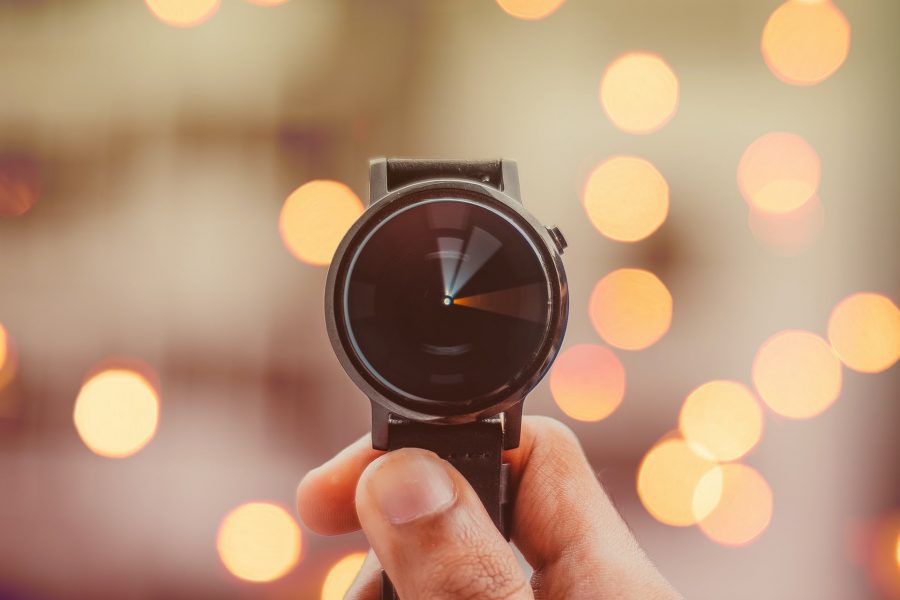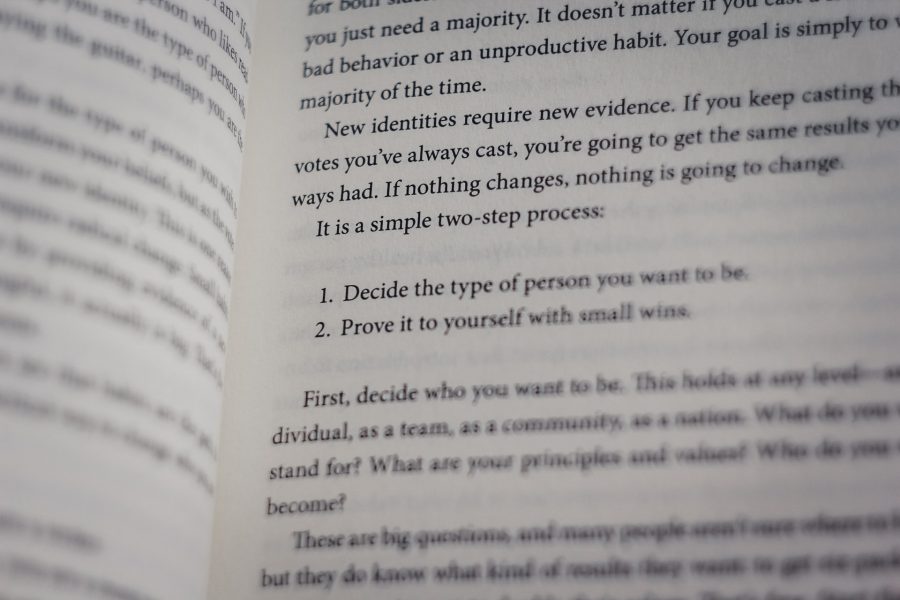"Multitasking is the ability to screw everything up simultaneously"
A popular belief is that our lives are busier than ever… That we are always switched on due to technology. We feel like we’re “pressed for time”, that there isn’t “enough time in the day” and that we are “running out of time.” Many of us multi-task as a solution.
But, our amount of time hasn’t changed, right? We have always had 24 hours every day. Modern conveniences and technologies have shaved hours off weekly workload, chores and life… Yet, the average amount of time we spend actually working each week hasn’t increased in decades. But, we feel exhausted!
Multi-tasking has a lot to answer for…
Multitasking is when we do two or more activities during a specific period. We perceive it as a seemingly simultaneous engagement in multiple tasks.
Perceive being the most important word there! Now I know that you and I do not believe the multitasking hype, as scientists have warned us about it for quite some time now. Yet, it persists. Even those of us who understand this find ourselves falling foul to it. The evidence shows that we simply aren’t as good as we think we are at doing several things at once. And yes, even women…!
”"You cannot multitask very well, and even when you say you can, you are deluding yourself. And the brain is very good at deluding itself."
Earl MillerNeuroscientist
As technology develops and allows us to do more tasks “simultaneously”, the myth that we can multitask has never been stronger. Researchers are firm that it’s absolutely still a myth. They have the data to prove it.
Humans, they say, don’t do lots of things simultaneously. Instead, we switch our attention from task to task extremely quickly. They warn in the research literature that this has “deleterious effects” (harmful or damaging to you and me!).
When we’re “multitasking”, it results in lower grey-matter density (important brain type ‘stuff’) in the part of our brain associated with seeing and hearing, memory, emotions, speech, decision making, and self-control. It is also suggested that the constant start and stop of new activities is more cognitively draining than focus periods.
Activity
What now?
Whether you didn’t know this before today, or you had an ‘aha moment’ with our 3-minute myth-buster, we have to take care to watch out for our wellbeing every day. When we are mindful of our cognitive, physical and emotional health we can take action to improve it.
Whether you want to achieve in life, at work or in education watching how you multi-task is a well worth the energy. And if you’d like a no-commitments-chat about how I could support you, I’d love that.






